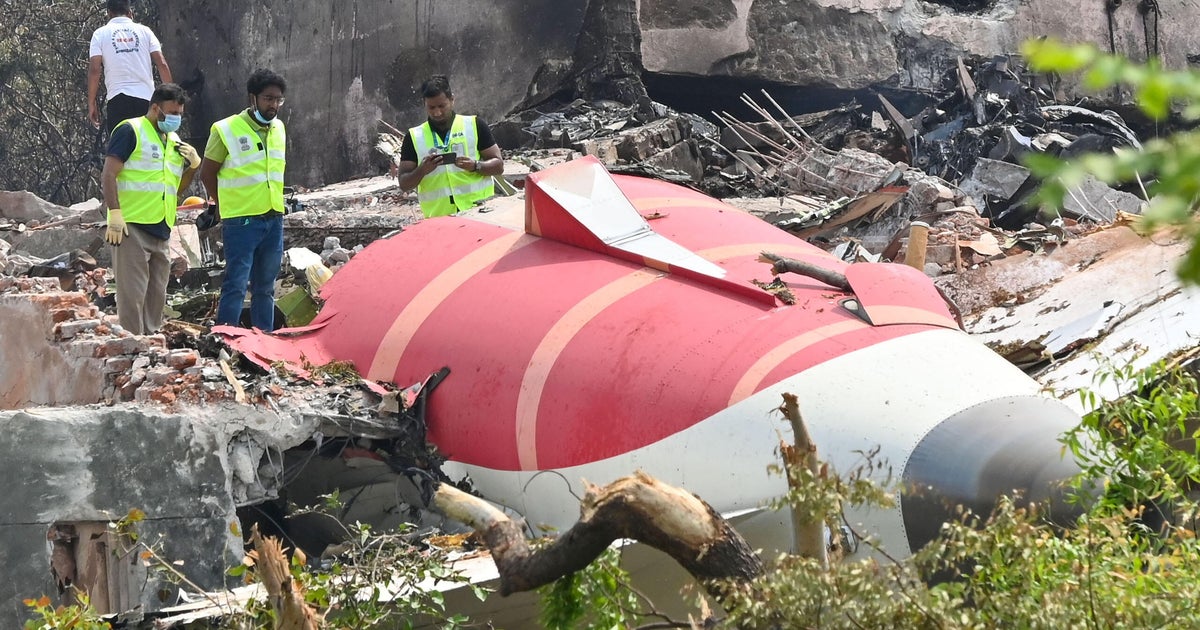Back in April, Kenyan authorities launched an investigation into a major kidney-trafficking ring. Wealthy international patients have been travelling to the East African country to obtain life-saving organs, while vulnerable local donors are exploited to sustain this lucrative trade. Despite government crackdowns, the network continues to operate, raising urgent ethical and legal questions. FRANCE 24's Olivia Bizot and Clément Di Roma report.
For more than a decade, Kenya has quietly become a hub for an international organ trafficking network. Patients from countries including Germany, France, Israel and Russia have been travelling there, paying up to €200,000 to bypass long waiting lists for kidney transplants in their own countries. Many combine these life-saving procedures with luxury safaris, turning urgent medical treatment into an exclusive, high-end experience.
At the heart of this trade is a now-suspended hospital accused of carrying out illegal operations. Behind it lies a network of brokers recruiting young, economically vulnerable Kenyan men. These donors often receive as little as €1,500 – a fraction of the sums paid by wealthy foreign patients – and many agree without fully understanding the serious, lifelong health risks involved. Caught between crushing poverty and the lure of quick money, they become pawns in a lucrative, yet brutal industry.
Our reporters' investigation exposes the inner workings of this syndicate through interviews with victims, brokers, whistleblowers and officials. Their testimonies reveal a well-organised network that exploits economic desperation while catering to a global demand for organs. Yet those at the very top remain elusive, shielded from scrutiny by layers of secrecy and corruption.
In response to growing concern, Kenyan authorities have recently launched multiple investigations and government crackdowns aimed at dismantling this illegal trade. However, past efforts have been criticised for lacking follow-through, with reports going unpublished and recommendations ignored. The continuing operation of the network raises urgent questions about medical ethics, law enforcement effectiveness and the protection of society's most vulnerable.











 English (US) ·
English (US) ·